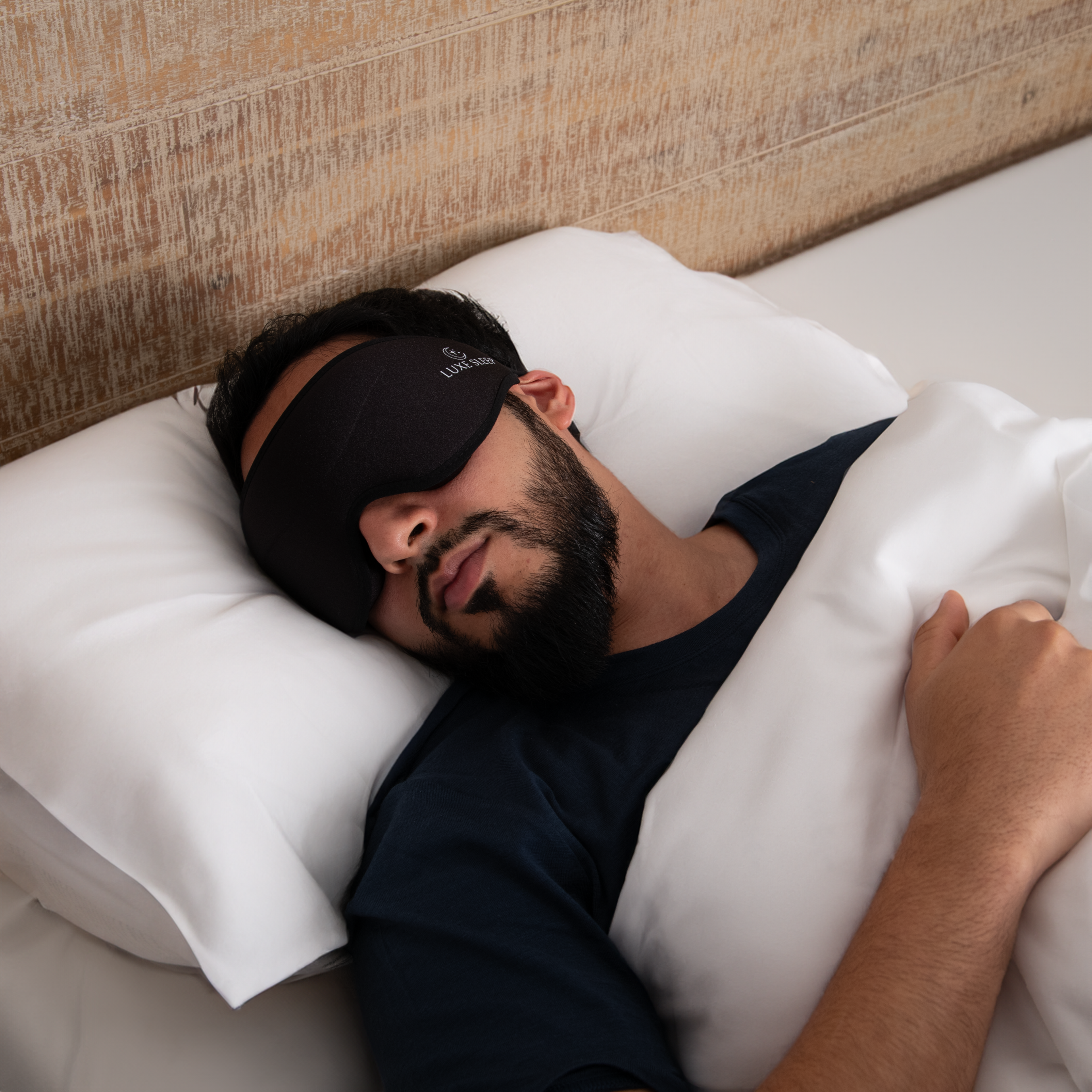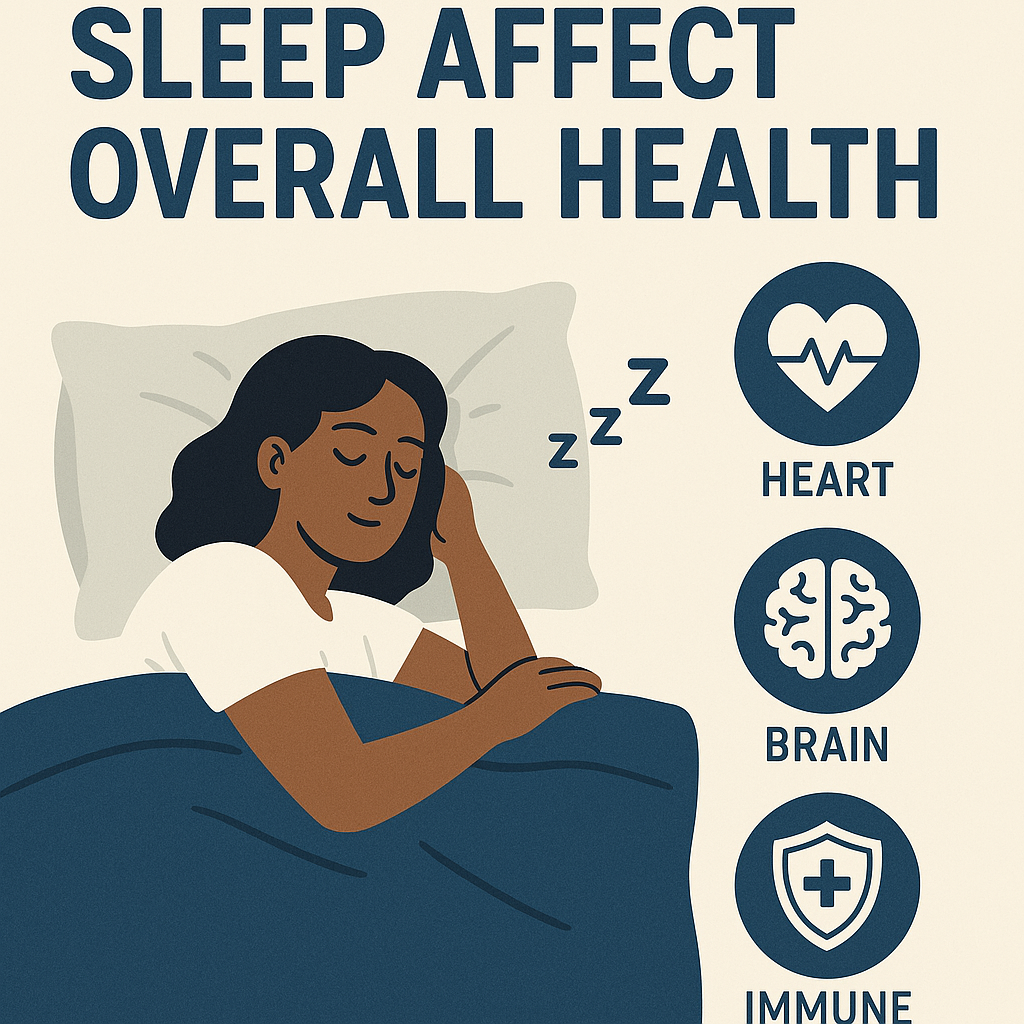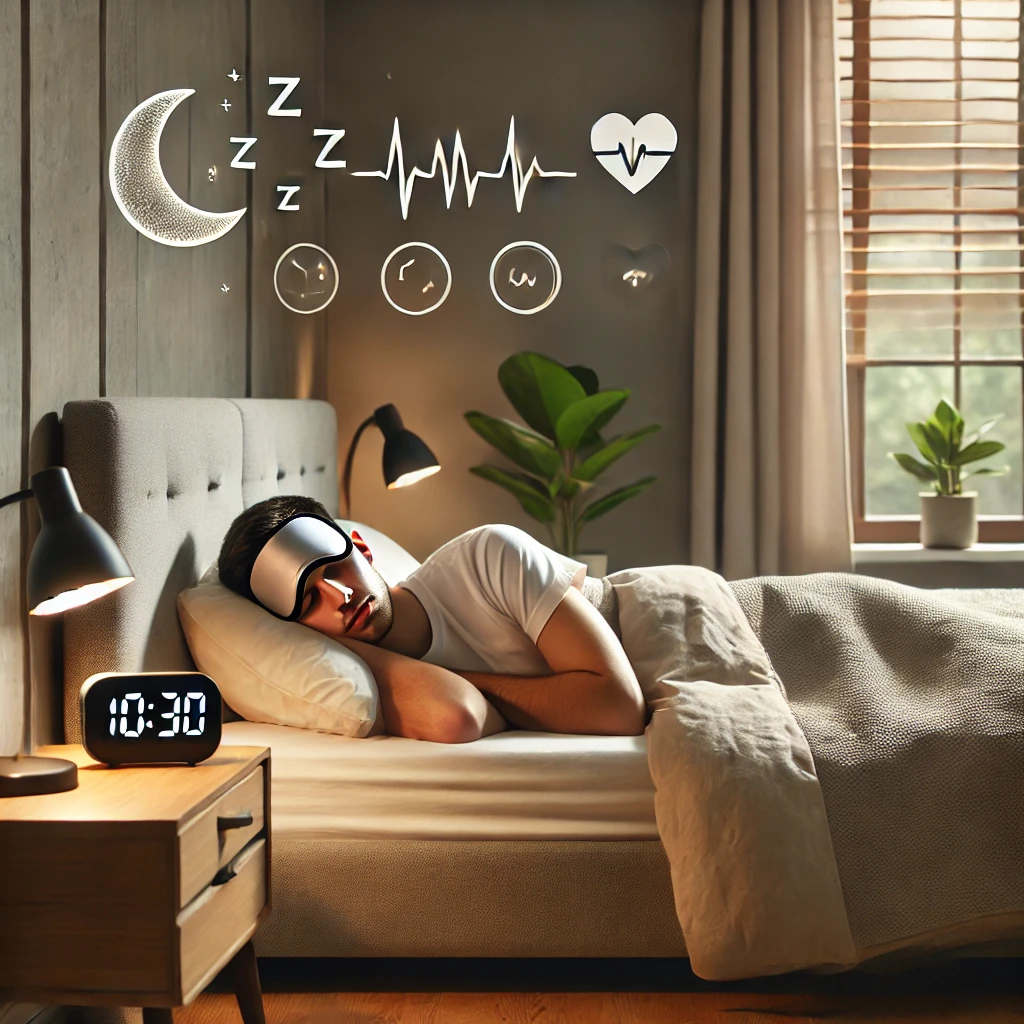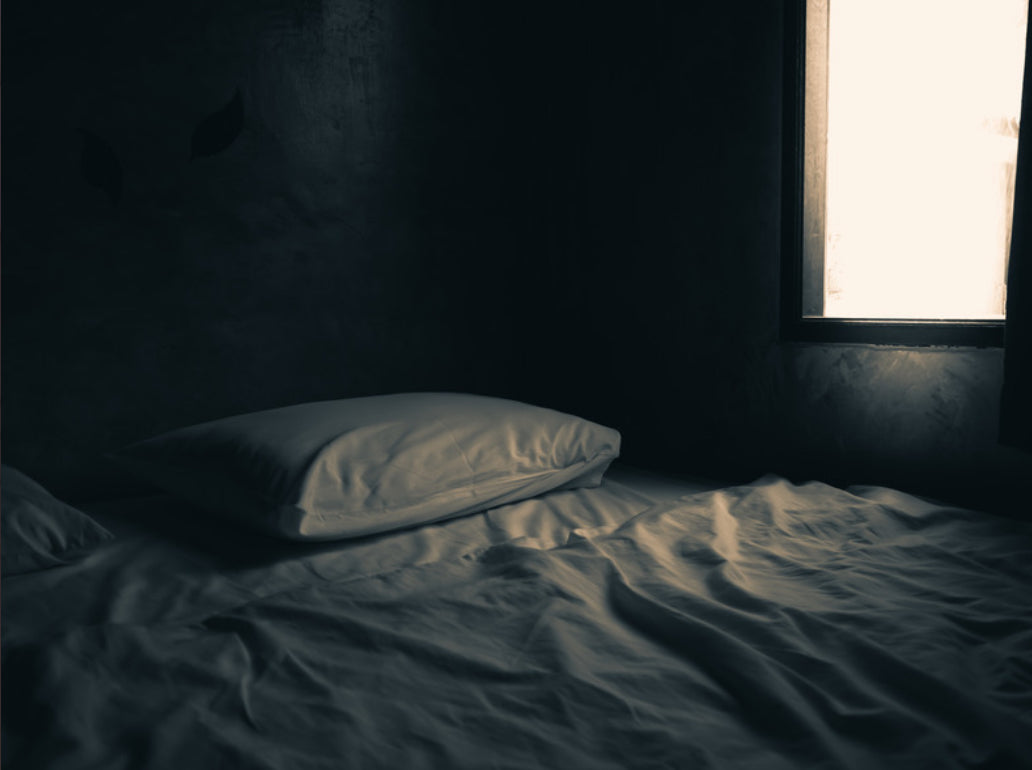10 Tips for Better Sleep: Simple Strategies for Restful Nights

Achieving quality sleep is essential for your overall health and well-being. At Luxe Sleep, we provide sleep-enhancing products designed to help you rest better. To complement our solutions, here are ten simple and effective tips to improve your sleep quality.
1. Stick to a Consistent Sleep Schedule
Going to bed and waking up at the same time every day helps regulate your body's internal clock, known as the circadian rhythm. Irregular sleep patterns can disrupt this rhythm, making it harder to fall asleep and wake up feeling refreshed. Aim for 7-9 hours of sleep per night and try to maintain a steady routine even on weekends.
2. Create a Relaxing Bedtime Routine
A calming pre-sleep routine signals to your brain that it’s time to wind down. Activities like reading, taking a warm bath, or practicing deep breathing can reduce stress and help you transition smoothly into sleep. Avoid stimulating activities, such as checking emails or watching intense TV shows, before bed.
3. Optimize Your Sleep Environment
Your bedroom should be a quiet, cool, and dark space that promotes relaxation. Use blackout curtains, a 3D eye mask, or a white noise machine to eliminate distractions. Keep your bedroom at a comfortable temperature (ideally between 18-22°C) for better sleep quality.
4. Reduce Screen Time Before Bed
Blue light from phones, tablets, and TVs suppresses melatonin, the hormone that helps regulate sleep. To prevent this, avoid screens at least an hour before bedtime. If you must use devices, activate night mode or wear blue light-blocking glasses to minimize exposure.
5. Be Mindful of Food and Drinks
Eating large meals or consuming caffeine and alcohol too close to bedtime can disrupt sleep. Try to have your last meal 2-3 hours before bed, avoid caffeine in the afternoon, and limit alcohol intake, as it can reduce sleep quality.
6. Stay Active During the Day
Regular physical activity promotes deeper, more restorative sleep. Aim for at least 30 minutes of moderate exercise most days. However, avoid intense workouts right before bedtime, as they can increase alertness and delay sleep onset.
7. Manage Stress and Relax Your Mind
Stress and anxiety are common sleep disruptors. Incorporate stress-reducing techniques like mindfulness, meditation, deep breathing, or journaling to calm your mind before sleep. A few minutes of relaxation can make a big difference in falling and staying asleep.
8. Limit Daytime Naps
While short naps can boost energy, excessive or late-afternoon naps can make it harder to sleep at night. Keep naps brief (20-30 minutes) and schedule them earlier in the day to avoid disrupting your nighttime sleep schedule.
9. Upgrade Your Mattress and Pillows
An unsupportive mattress or pillow can cause discomfort and poor sleep posture. Ensure your bedding provides adequate support for your body. If your mattress or pillows are worn out, consider upgrading to improve sleep comfort.
10. Seek Professional Help if Needed
If you continue to struggle with sleep despite making changes, consult a healthcare professional or sleep specialist. Conditions like insomnia or sleep apnea may require medical intervention for proper treatment.
Final Thoughts
Improving your sleep doesn’t have to be complicated. By following these ten simple tips and creating an optimal sleep environment, you can enjoy more restful, refreshing nights. Pair these strategies with premium sleep accessories, such as eye masks and earplugs, to enhance your sleep quality further.
Ready to sleep better? Explore our collection and start your journey to a healthier, more restful night.





